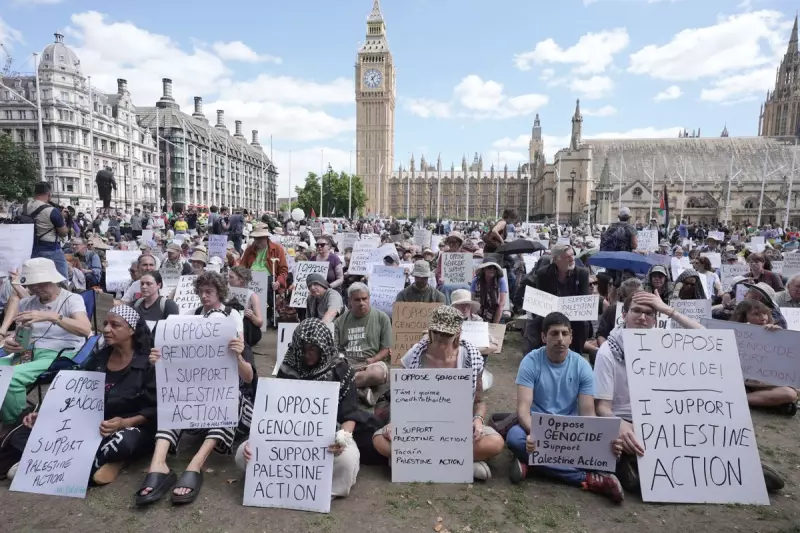
The Metropolitan Police is facing intense scrutiny and widespread condemnation following the controversial arrest of peaceful demonstrators outside the iconic Old Bailey central criminal court.
The individuals were detained under the controversial Contempt of Court Act 1981 for the simple act of handing out leaflets. These pamphlets detailed a fundamental but often overlooked legal principle: the right of a jury to acquit a defendant based on their conscience, a power known as 'jury nullification'.
MPs and Rights Groups Sound the Alarm
The police action has triggered immediate backlash from senior political figures and civil liberties organisations. Yvette Cooper, the Shadow Home Secretary, publicly challenged the Met's decision, demanding a clear explanation for what she framed as a potential overreach that stifles free speech and public legal education.
Liberty, a leading human rights group, echoed these concerns, labelling the arrests as "deeply alarming" and a significant threat to the core democratic principles of protest and public discourse.
The 'Jury Equity' Pamphlet at the Heart of the Storm
The protest, organised by the group "Defend Our Juries", was not calling for civil unrest. Instead, it aimed to illuminate a quiet power held by every citizen serving on a jury. The leaflets explained that jurors have the historic and constitutional right to reach a verdict based on their conscience, even if it means disregarding the judge's direction or the strict letter of the law in pursuit of a just outcome.
This concept, though rarely discussed, is a cornerstone of the British legal system, acting as a final safeguard against unjust laws or their unjust application.
A Chilling Effect on Justice and Free Speech
This incident raises profound questions about the boundaries of peaceful protest and the public's right to understand the legal system they participate in. Critics argue that arresting citizens for sharing established legal information creates a chilling effect, potentially preventing jurors from being fully informed of their rights and responsibilities.
The Metropolitan Police has stated the arrests were made on the grounds of a "potential to influence jurors" and "undermine the justice process". However, this justification is being fiercely debated, with many asking whether informing someone of their rights truly constitutes contempt of court or if it, in fact, strengthens the integrity of the trial by jury system.
The event marks a significant flashpoint in the ongoing national debate concerning policing powers, the right to protest, and the delicate balance between legal procedure and fundamental freedoms in the UK.





